Women are active participants in Rotary, serving their communities in increasing numbers and serving in leadership positions in Rotary. The 1989 Council on Legislation vote to admit women into Rotary clubs worldwide remains a watershed moment in the history of Rotary.
“My fellow delegates, I would like to remind you that the world of 1989 is very different to the world of 1905. I sincerely believe that Rotary has to adapt itself to a changing world,” said Frank J. Devlyn, who would go on to become RI president in 2000-01.
The vote followed the decades-long efforts of men and women from all over the Rotary world to allow the admission of women into Rotary clubs, and several close votes at previous Council meetings.
 These are exciting times. The Rotary Club of Eau Claire now includes the former Rotary Club of Eau Claire Morning and Chippewa Valley After Hours Club Members. The merger of the Morning, Noon, and After Hours clubs bring together members dedicated to "Service Above Self." The merger makes it easier to pool resources from both clubs and focus these resources toward community projects. It also offers greater service and social opportunities for members of both clubs.
These are exciting times. The Rotary Club of Eau Claire now includes the former Rotary Club of Eau Claire Morning and Chippewa Valley After Hours Club Members. The merger of the Morning, Noon, and After Hours clubs bring together members dedicated to "Service Above Self." The merger makes it easier to pool resources from both clubs and focus these resources toward community projects. It also offers greater service and social opportunities for members of both clubs.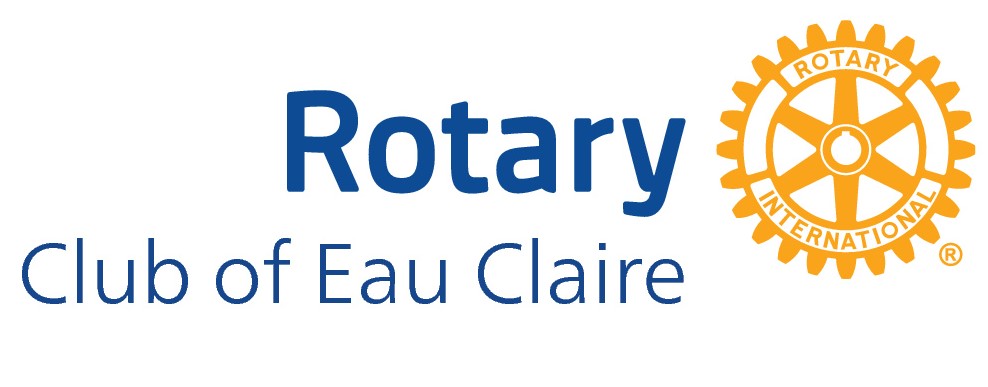
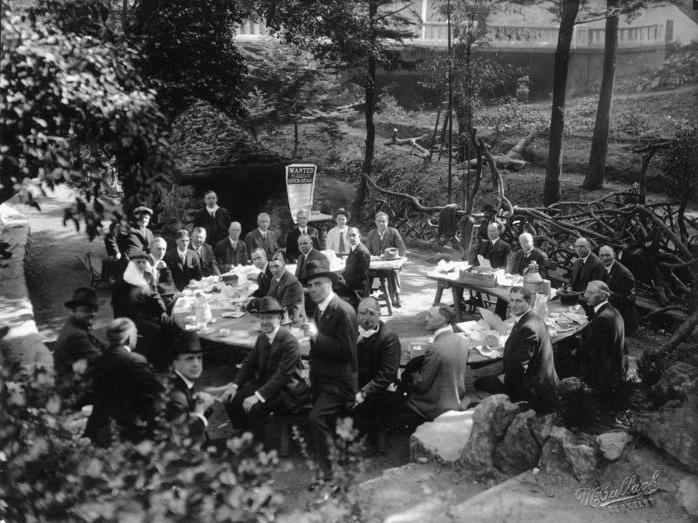 An estimated 500 million people worldwide became infected. Many cities closed theaters and cinemas, and placed restrictions on public gatherings. Rotary clubs adjusted their activities while also helping the sick.
An estimated 500 million people worldwide became infected. Many cities closed theaters and cinemas, and placed restrictions on public gatherings. Rotary clubs adjusted their activities while also helping the sick.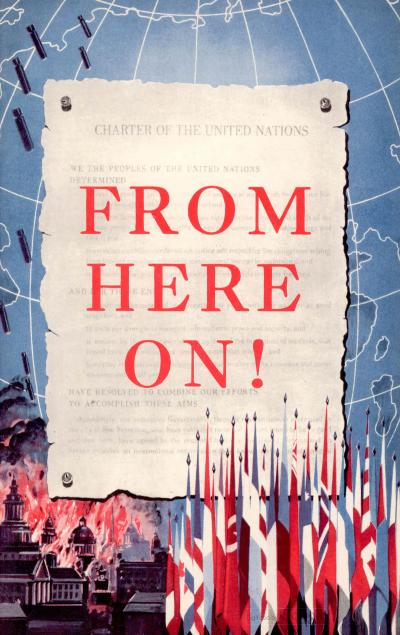 Rotary and the United Nations have a shared history of working toward peace and addressing humanitarian issues around the world.
Rotary and the United Nations have a shared history of working toward peace and addressing humanitarian issues around the world.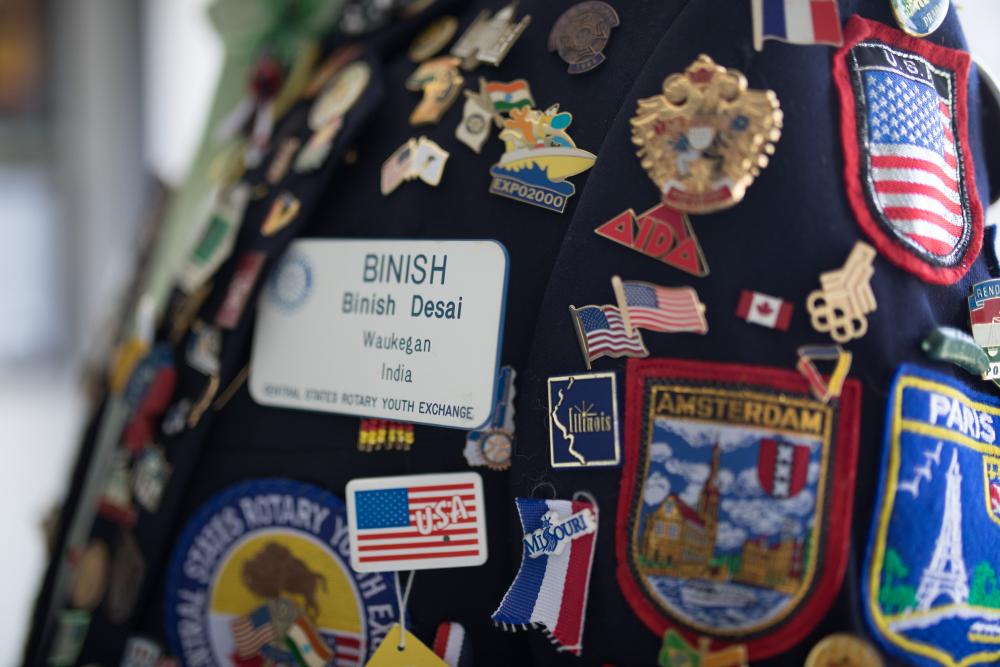 Every hero has an origin story. “I was 10 years old when the entire journey started,” explains Binish Desai. It began with a cartoon called Captain Planet, an animated TV series from the 1990s about an environmentalist with superpowers. Desai can still recite the show’s refrain: Captain Planet, he’s our hero / Gonna take pollution down to zero! “That tagline stuck in my mind,” he says. “I wanted to do something to help Captain Planet.”
Every hero has an origin story. “I was 10 years old when the entire journey started,” explains Binish Desai. It began with a cartoon called Captain Planet, an animated TV series from the 1990s about an environmentalist with superpowers. Desai can still recite the show’s refrain: Captain Planet, he’s our hero / Gonna take pollution down to zero! “That tagline stuck in my mind,” he says. “I wanted to do something to help Captain Planet.”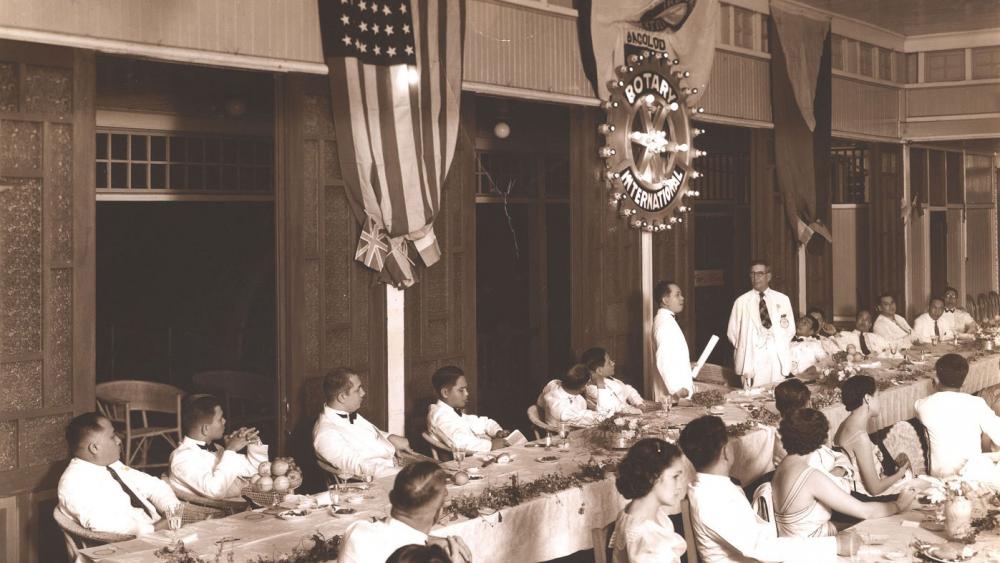 In early 1919, Rotarian Roger Pinneo of Seattle, Washington, USA, traveled to the Philippines to try to organize a Rotary club in Manila. Leon J. Lambert, a Manila business leader helped Pinneo establish the club. Several months later, on 1 June 1919, the Rotary Club of Manila was chartered and became the first Rotary club in Asia.
In early 1919, Rotarian Roger Pinneo of Seattle, Washington, USA, traveled to the Philippines to try to organize a Rotary club in Manila. Leon J. Lambert, a Manila business leader helped Pinneo establish the club. Several months later, on 1 June 1919, the Rotary Club of Manila was chartered and became the first Rotary club in Asia.